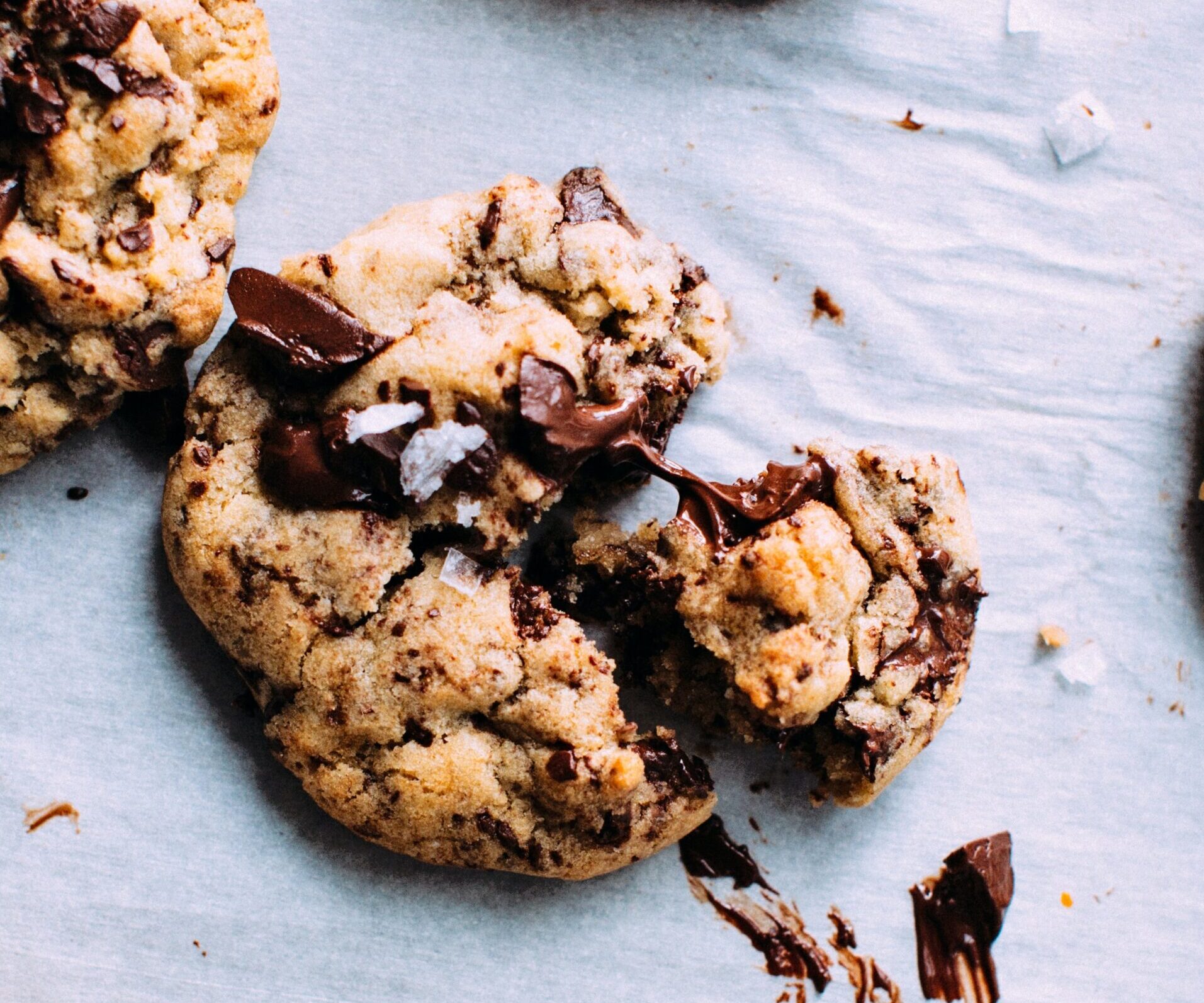The crusty old therapist found it hard to concentrate when the person in front of him was happy. There was not much for him to say in those cases, nor much for him to do. The therapist felt the time ticking away slowly as the woman in front of him gushed on and on about recently having discovered the best cookie in New York City. She described in glorious detail its soft gooeyness and rich taste. Her eyes shone as she described this cookie.
This made the therapist want to scream.
It also made him very hungry for that cookie. In his frustration, the therapist’s mind started to wander into a memory, a memory involving cookies. This memory wasn’t a happy one but he melted into it all the same, the woman’s incessant chirping lulling him into it.
He was eleven years old, making cookies with his mom. They were in a small, quaint kitchen, that loomed in the young, future therapist’s mind. He was laughing at something his mom said, even though he could never remember what. He was laughing when his dad walked in, unbalanced and slurred. He stopped as his dad slammed his hand on the counter. His mom, all smiles and fear, offered his dad a freshly baked cookie. His dad shouted, knocking the tray out of his mom’s hands. The young boy ran to his mom to protect her, to which the dad said: “If you like her so much, eat those cookies from the floor, boy.” And laughed and laughed and laughed.
The woman’s unbroken chirping jolted the therapist back to where he was, when he was. The woman was now comparing her newly found cookie to every other cookie she had ever tried. Her eyes were glazed, most likely in an imaginary sugar stupor. The therapist knew they were wasting their time without glancing at the clock. He decided to interject.
“It sounds like this cookie is quite important to you,” he said, in that calm way of his, “but I want you to dig deeper. What does the cookie represent?”
“Um.” The woman looked surprised. To her, the cookie clearly represented a cookie. It was not a metaphor or simile or allegory. It was milk, sugar, and butter. It was something she craved and enjoyed. The woman had never thought about cookies having a deeper meaning. But she dug deeper. She settled into her chair. She furrowed her brow. The gears turned and the chains flowed. Eventually, in a somewhat confused voice, she spoke.
“My dad used to make cookies when I was little. They remind me of him, I guess.”
“Great.” said the therapist. “And how does your craving for cookies now embody that relationship?”
“I—” The woman looked dejected. “I’m not sure.”
The therapist pushed. “I think it represents the lack of affection from your dad. Its warm and soft center means your craving for warmth and love. You need to explore this.”
“Oh. But I haven’t talked to my dad in years.” There was concerned confusion on her face.
“Even still, they linger in us.”
The session went on, like that.
The therapist sat back in his chair, afterward, quite pleased with his insight.
The woman, well, she never came back for another session.
